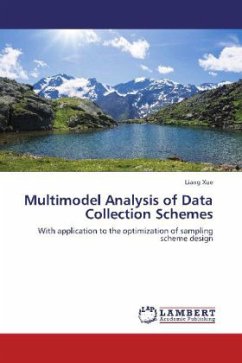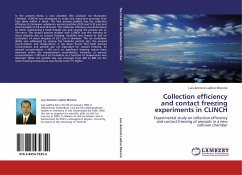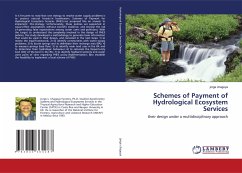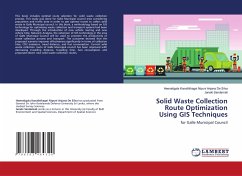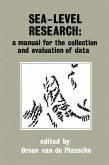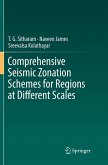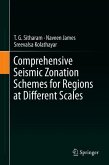The rational management of groundwater resource systems requires an understanding of their response to existing and planned schemes of exploitation, pollution prevention and/or remediation. Such understanding in turn requires collecting suitable data to characterize the system, model flow and transport within it and monitor its response to stresses. The high cost of subsurface data acquisition requires that they be collected in a judicious and effective manner. Previous approaches to the assessment and optimization of data collection schemes have generally considered the underlying models to be known and accurate. In reality, the complex nature of hydrogeologic environments renders available data prone to multiple interpretations and the system subject to alternative ways of representation by models. Multimodel analysis method within the framework of Bayesian model averaging and its maximum likelihood version is used to analyze the worth of data and a discrete variable version ofthe Differential Evolution method is introduced to optimize the locations of prospective new data so as to reduce overall predictive uncertainty.

